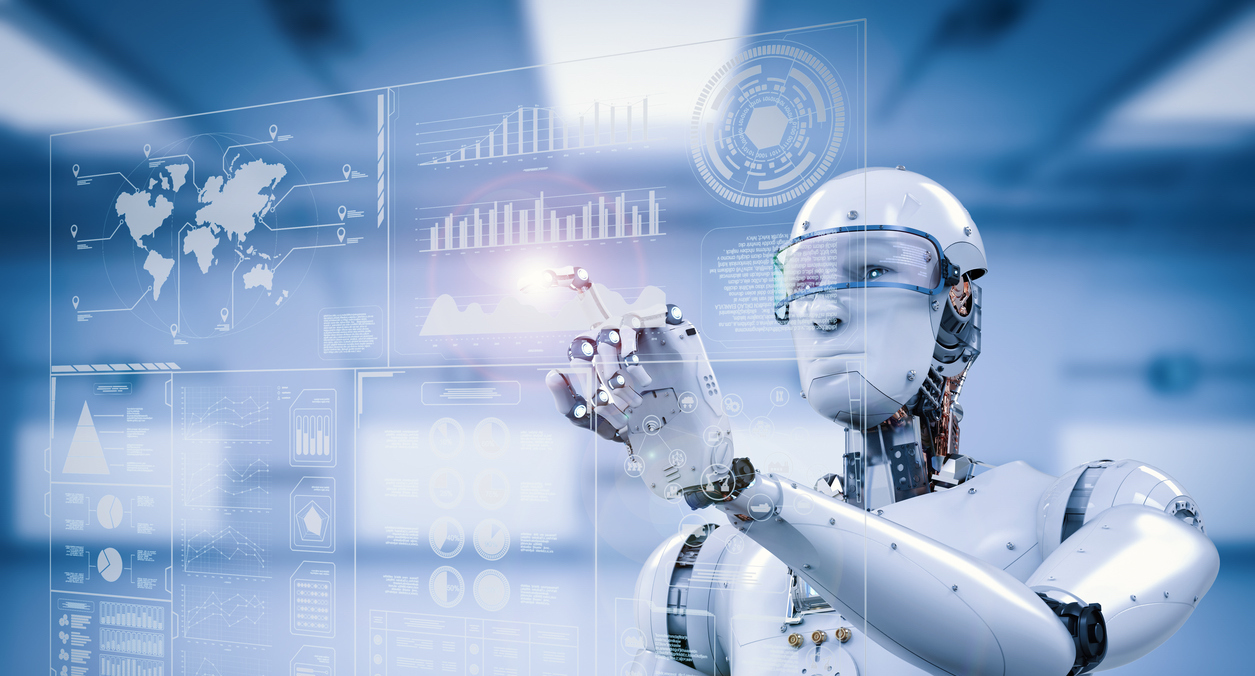
Why Businesses Need to Understand Robotic Process Automation in Accounting
- July 28, 2022
- OHI

In modern times, technology is advancing rapidly, making it crucial for every business to automate its processes. It is no different for the accounting domain, and to survive in this competitive world, companies must automate their accounting procedures. This is where robotic process automation in accounting comes into the picture.
RPA, also known as robotic process automation, is a cutting-edge software technology that enriches individuals with process automation.
Accountants in modern businesses use computer-dependent mechanisms and techniques with several manual actions and keystrokes. Furthermore, it might not be wrong to say that RPA automation can transform accounting processes by incorporating distinct actions into a seamless automated process.
Read on to learn more about robotic process automation in accounting.
Accounting automation has been an emerging trend that helps financial teams in every organisation to be more efficient than ever.
Furthermore, accounting automation handles the most manual aspects of an accountant’s job and immediately accomplishes them automatically.
Commonly known as robotic process automation in finance and accounting, this automated process can also do transaction tracking and number crunching for you.
You no longer need to create complicated ledger files and enter numerous rows of comprehensive data. Key instructions are built-in, and you can make reports with just one tap.
In addition, robotic process automation in accounting aims to streamline earlier overly complicated things and make the accounting procedure more seamless.
Robotic process automation, commonly known as RPA in finance and accounting, comprises programmable software that automates mundane and time-taking financial tasks.
Robotic process automation in accounting acts as a robotic arm to help accounting departments optimise financing functions. It further assists in elevating tasks for employees and creating more engaging work.
Here are some ways robotic process automation in finance and accounting can help your business.
Robotic process automation facilitates a company to speed up financial transactions with no or fewer errors. In addition, automating redundant jobs reduces excessive expenditures for your enterprise.
RPA automation lets you divert concentration from time-consuming and corrective work to more effective and worthwhile jobs. It enables you to deliver assistance to industries you may not have been able to interact with or could not penetrate due to a lack of necessary logistics.
The modern business domain has grown past assumptions with the general adoption of cloud-based financial automation solutions. It is increasingly difficult for businesses to execute global and enterprise benchmarks for regulatory compliance.
However, with the help of robotic accounting, you can ensure the correct and uniform execution of accounting rules and best practices.
For instance, accounting automation creates audit trails for accounting tasks with confidential data. These accounting courses envision the entire operation and enable historical accounting audits, lowering the risk of non-compliance.
Even a slight error in accounting reconciliation can hinder invoice processing and lower consumer experience. Hence, to enhance client assistance, CPAs need to automate repetitive and manual tasks in their financial workflow using robotic process automation in accounting.
Robust robotic process automation techniques can rise to fulfil the demand, improve precision, and decrease delays. In addition, this kind of accounting provides high-quality client service and the most satisfactory customer experience.
RPA benefits for CPAs go beyond improved client experience and improving accuracy. RPA in finance and accounting can help you automate redundant accounting tasks and enhance your team’s morale.
RPA is relatively affordable and fast to execute. It overlays existing procedures and can reproduce manual keyboarding to ensure no programming changes. Here are some benefits your business gets from RPA in finance and accounting:
In a nutshell, RPA is drastically transforming different divisions in enterprise-scale businesses. Accounting automation using RPA presents numerous benefits, including decreased expenses and losses and enhanced regulatory compliance and productivity.
Contact us for a customized NO OBLIGATION proposal for outsourcing your accounting activities.









